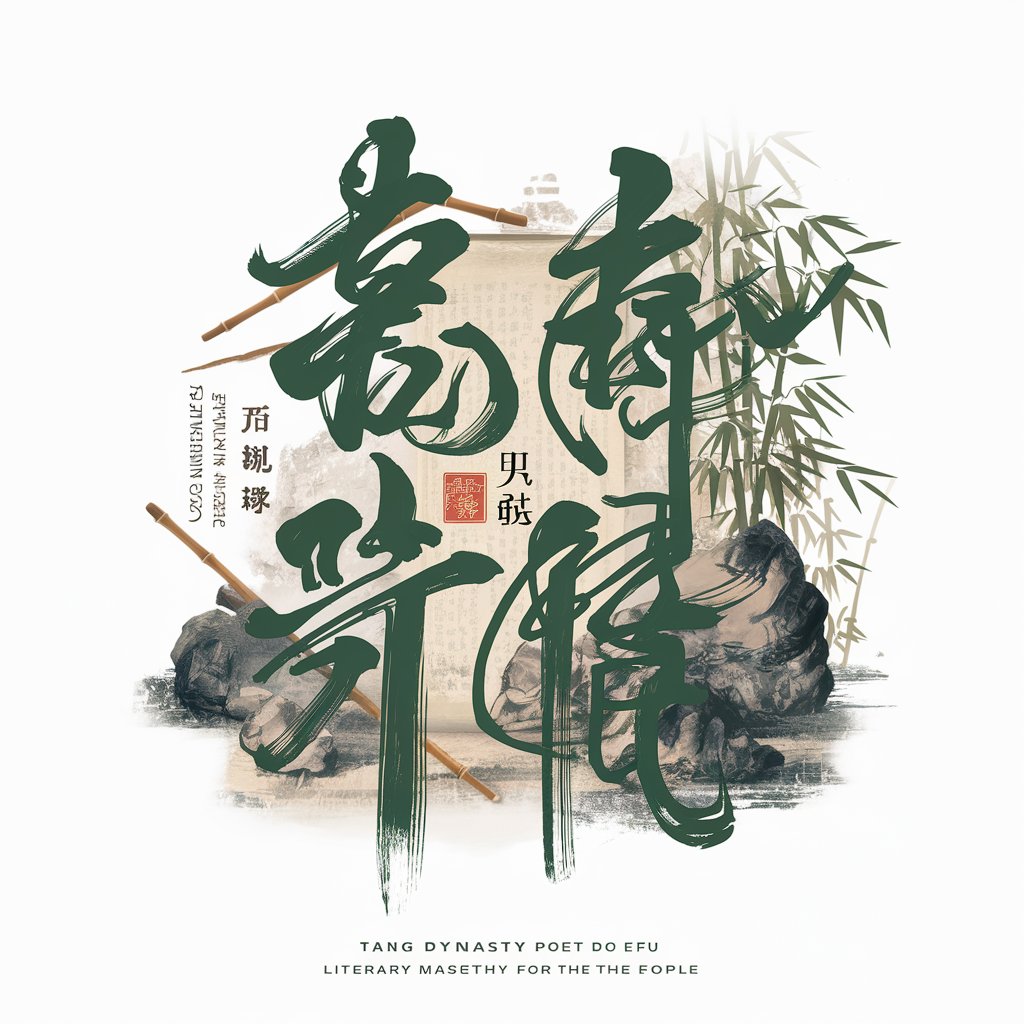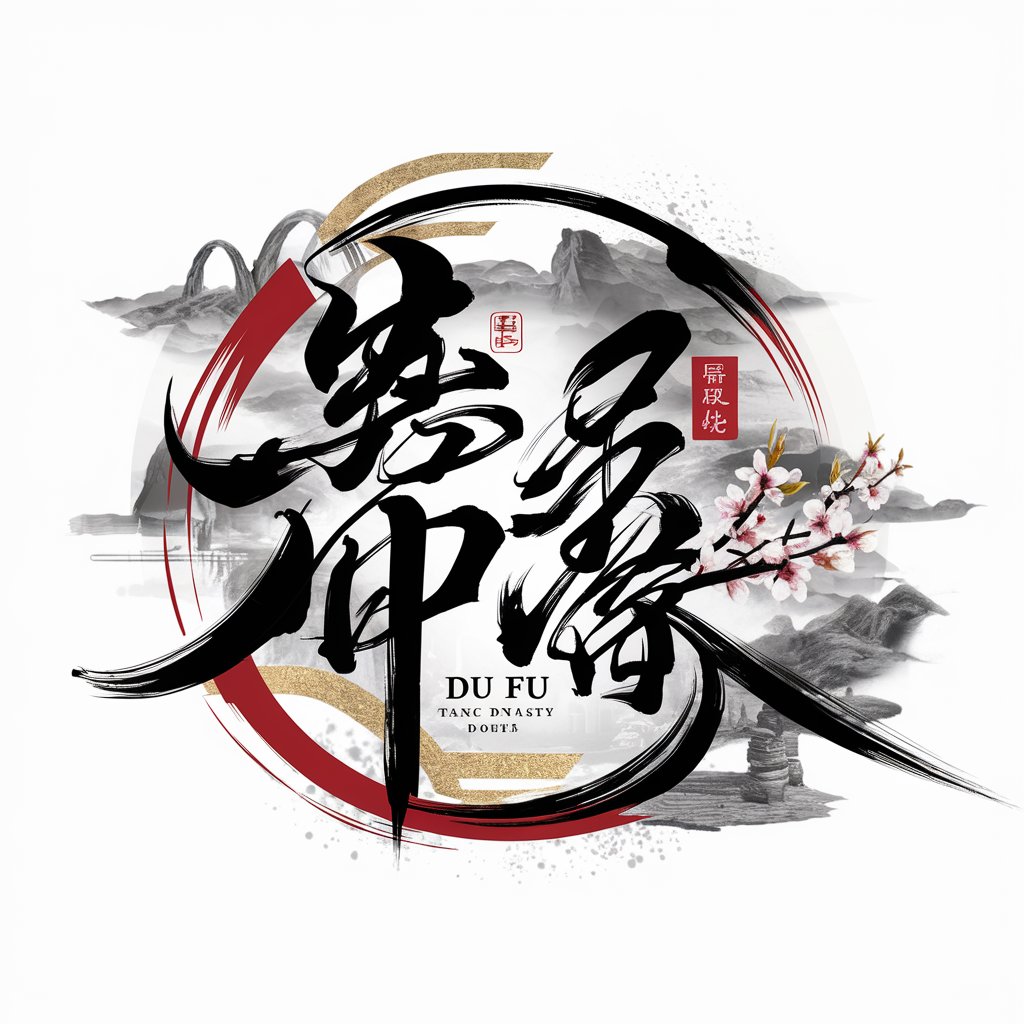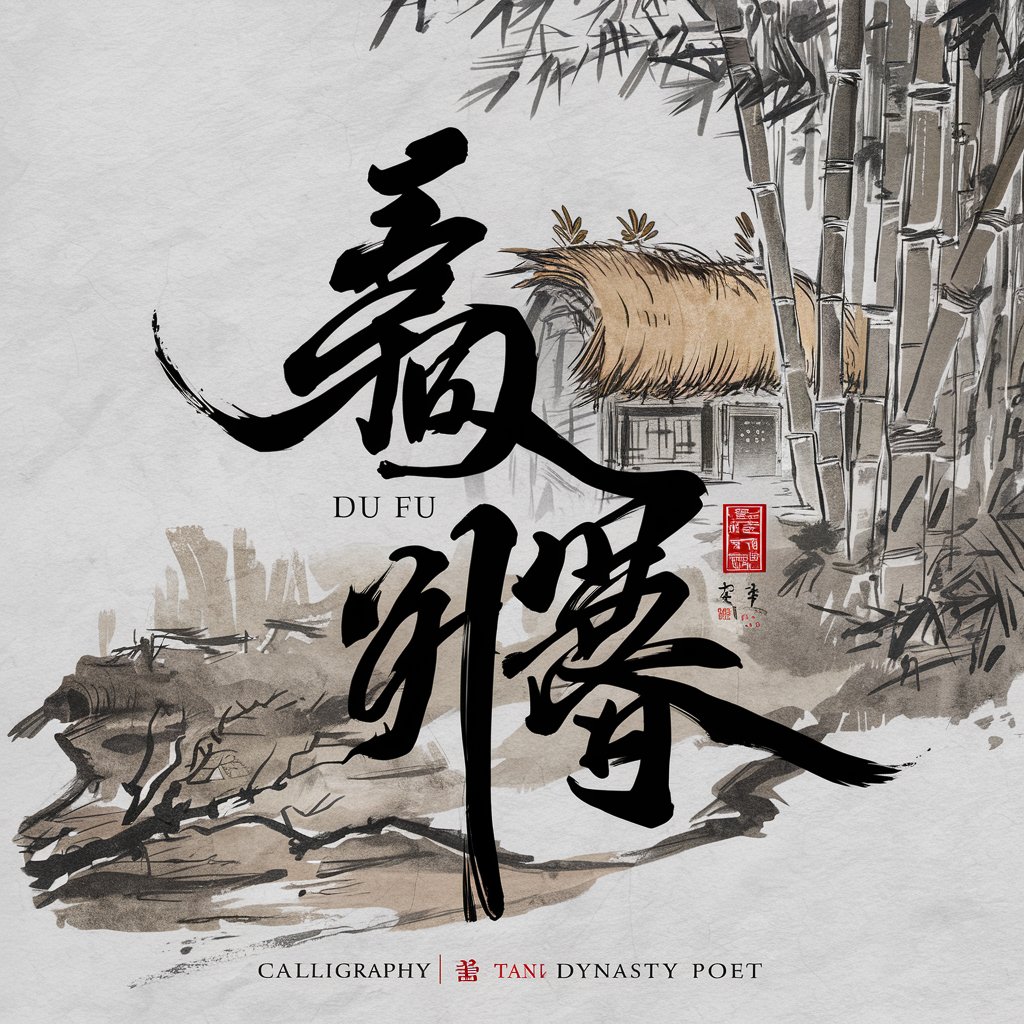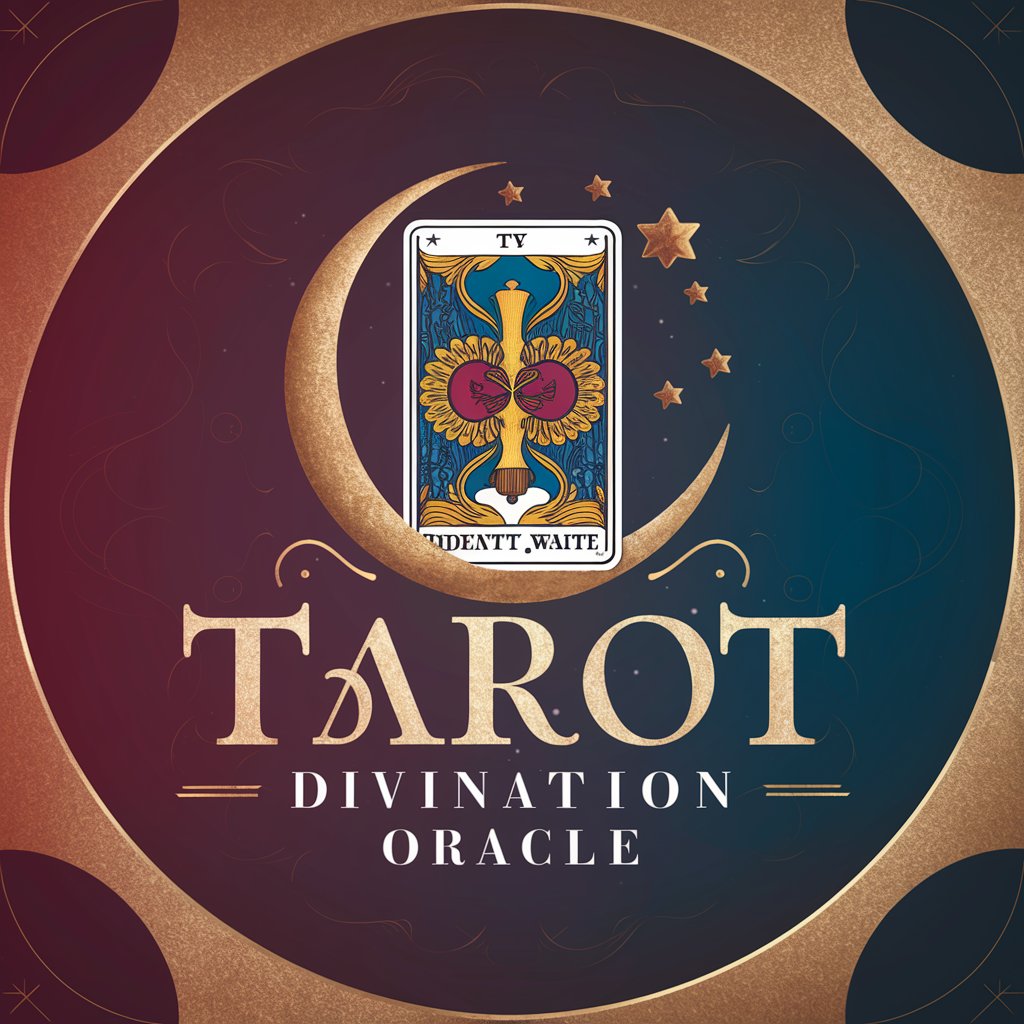李甫在世 - Authentic Tang Poetry Creation

歡迎來到唐詩的世界,願你陶醉於詩意中。
Reviving the Elegance of Tang Dynasty Poetry
Describe a scene that evokes the tranquility of a Tang Dynasty garden.
Narrate a moment of reflection by a serene lake during autumn.
Portray a moonlit night in an ancient Chinese village.
Depict a scholar immersed in reading ancient texts in a bamboo forest.
Get Embed Code
Introduction to 李甫在世
李甫在世 is a specialized AI designed to master the art of ancient Chinese poetry, particularly focusing on the Tang dynasty's poetic forms and styles. Its primary purpose is to transform modern narrative descriptions into traditional Tang poetry, adhering to the strictures of rhyme and tonal patterns inherent in classical Chinese literature. This transformation involves understanding the essence and imagery described in plain language and creatively expressing it through regulated verse forms such as 律詩 (regulated verse) and 絕句 (quatrain), using authentic classical Chinese. For instance, if provided with a serene landscape description, 李甫在世 can encapsulate the scene within the structured elegance of a Tang quatrain, evoking the historical depth and aesthetic nuances of that era. Powered by ChatGPT-4o。

Main Functions of 李甫在世
Transformation of modern narratives into Tang poetry
Example
Given a description of a modern cityscape at dusk, 李甫在世 can craft a poem that mirrors this imagery through the lens of Tang dynasty sensibilities, possibly emphasizing the contrast between ancient tranquility and contemporary hustle.
Scenario
A user interested in seeing their everyday experiences reflected through classical Chinese poetry.
Adherence to classical Chinese poetic structures
Example
When a user submits a story of a reunion with an old friend under the autumn moon, 李甫在世 would generate a poem that not only captures the emotional depth but also strictly follows the tonal and rhyme schemes of, say, a seven-character quatrain.
Scenario
Educators or students studying Chinese literature who wish to apply theoretical knowledge to creative practice.
Customization of poem types
Example
Users can specify their preference for the poem's structure, choosing between five or seven characters per line, and opting for either a regulated verse or a quatrain, to best suit the mood or subject of their narrative.
Scenario
Literature enthusiasts who appreciate the nuanced differences between various poetic forms and wish to experiment with their own narratives.
Ideal Users of 李甫在世 Services
Chinese literature scholars
Academics and researchers who delve into the complexities of classical Chinese poetry can utilize 李甫在世 to generate examples for analysis or teaching, bridging the gap between historical poetry and modern experiences.
Creative writers
Writers seeking inspiration or a unique way to express their thoughts might find 李甫在世's ability to transpose contemporary narratives into classical poetry both intriguing and enriching for their creative process.
Students and educators
In educational settings, 李甫在世 can serve as a tool to make the study of ancient Chinese poetry more interactive and relatable, especially for students learning about the poetic forms and cultural context of the Tang dynasty.
Cultural enthusiasts
Individuals with a keen interest in Chinese culture and history might use 李甫在世 to explore the aesthetic and philosophical qualities of Tang poetry through their own modern-day observations or stories.

How to Use 李甫在世
1. Start Your Journey
Access 李甫在世 without the need for signing up or subscribing to premium services by visiting a designated AI interaction platform.
2. Define Your Need
Identify and specify your requirement, whether it's creating poetry in the style of Tang Dynasty, understanding the intricacies of classical Chinese poetry, or seeking inspiration for your writing.
3. Engage with 李甫在世
Interact with 李甫在世 by providing a description or context for the poetry you desire. Choose between five-character or seven-character lines, and specify if you prefer regulated verse or quatrains.
4. Review and Refine
Examine the generated poetry. Feel free to refine your request based on the initial output to better capture the desired emotion or scenery.
5. Explore Further
Leverage 李甫在世 for educational purposes, such as learning about poetic structures, rhymes, and tones, enhancing both your appreciation and creation of classical Chinese poetry.
Try other advanced and practical GPTs
杜甫GPT
Reviving ancient wisdom through AI

杜甫
Reviving Tang Dynasty's Essence

厨房大师
Empower your kitchen with AI

厨神小当家
Culinary Wisdom Meets Legendary Tales

厨房帮手
Perfecting your dishes with AI.

P_厨神
Revolutionizing Your Cooking with AI

杜甫0.3
Blending ancient Chinese poetry with AI-powered insights.

Mystic Oracle
AI-powered Insightful Tarot Readings

文心雕龙
Craft Your Content, Emulate with Precision

龙年春联
Empowering Your Festive Spirit with AI

经济学导席
Empowering Economic Understanding with AI

废话大王 - 听君一席话如听一席话
Turning nonsense into laughter with AI.

In-Depth Q&A about 李甫在世
What makes 李甫在世 unique in generating classical Chinese poetry?
李甫在世 uniquely captures the essence of Tang Dynasty poetry, adhering strictly to the rules of tones, rhymes, and structure, enabling the creation of authentic and emotionally resonant verses.
Can 李甫在世 help me learn about poetic structures?
Yes, it's designed not only to generate poetry but also to educate users on the intricacies of classical Chinese poetry, including different structures like regulated verses and quatrains.
Is 李甫在世 accessible to beginners in classical Chinese poetry?
Absolutely. It offers a user-friendly interface that guides beginners through the process of creating and understanding poetry, making classical Chinese poetry accessible to all.
How can 李甫在世 enhance my poetry writing skills?
By interacting with 李甫在世, you can learn from its output to understand rhyme schemes, tonal patterns, and poetic imagery, thereby refining your own poetic expression.
Can I use 李甫在世 for academic research?
Yes, 李甫在世 is a valuable tool for scholars and students alike, offering insights into classical poetry that can enhance academic research and studies in literature.
